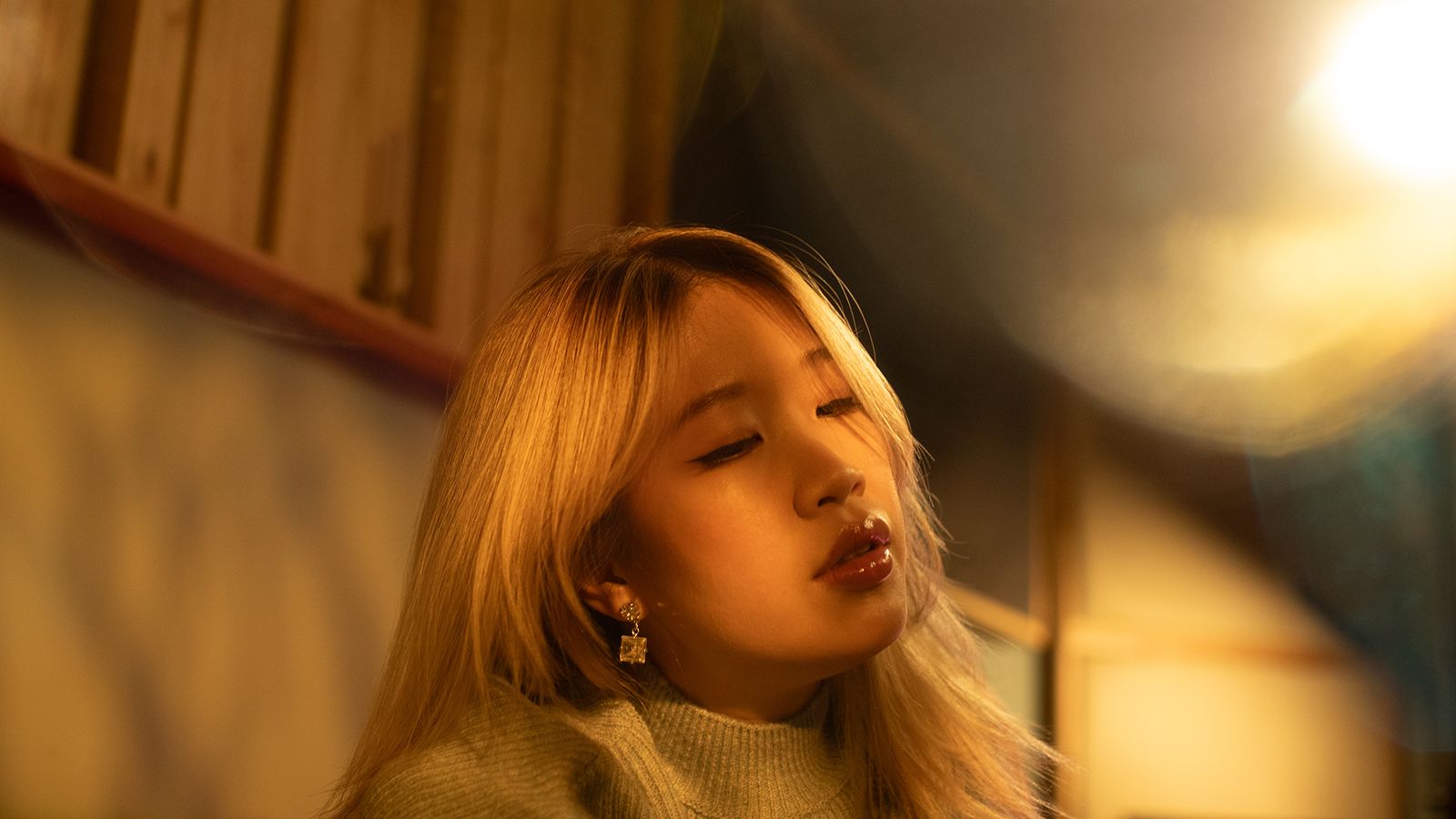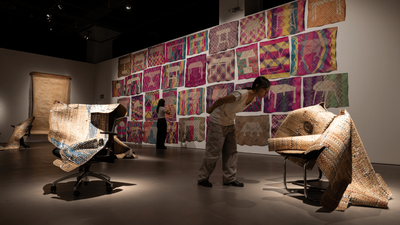For subscribers only
Subscribe now to read this post and also gain access to Jom’s full library of content.
Subscribe now Already have a paid account? Sign in
From her debut in Singapore’s indie and electronic scenes to her feature in the National Day Parade song “The Road Ahead”, Linying has distinguished herself with her ethereal vocals, musical versatility, and profound lyricism.
Subscribe now to read this post and also gain access to Jom’s full library of content.
Subscribe now Already have a paid account? Sign in
A production of breathtaking ambition and riveting quality, “Secondary: The Musical” lifts the curtain on the toll our education system takes on teachers and students alike.

Jom’s arts editor wanders through Yee I-Lann’s stunning survey show at the Singapore Art Museum. The Sabahan artist may insist she’s a poor weaver of mats, but she’s certainly a powerful weaver of worlds.

At the Singapore Fringe Festival, two plays grapple with forced displacement just as Jom’s reviewer ponders privilege, power asymmetries, and the deeply personal decision-making processes that shape the choice to stay, or to leave.

Daniel Hui’s fêted feature, refused classification in Singapore, is both admonition and plea. Through a series of legal cases—some known, others forgotten—it asks us to look, to listen, and thus, to care.

The art book’s interplay between text, image and form makes for a unique sensorial experience, quite unlike any other medium.
Please click on the link sent to your e-mail to login to your account.